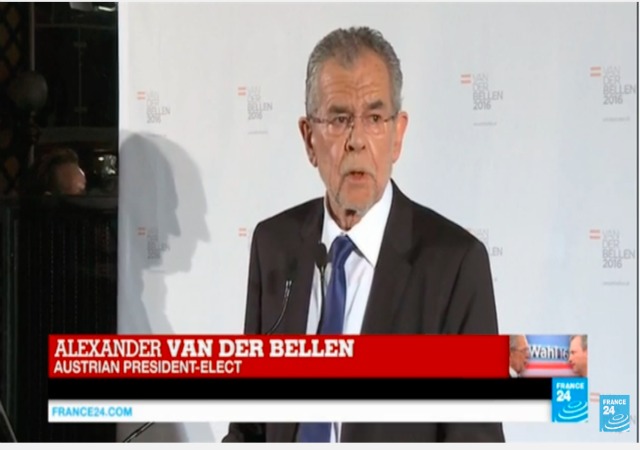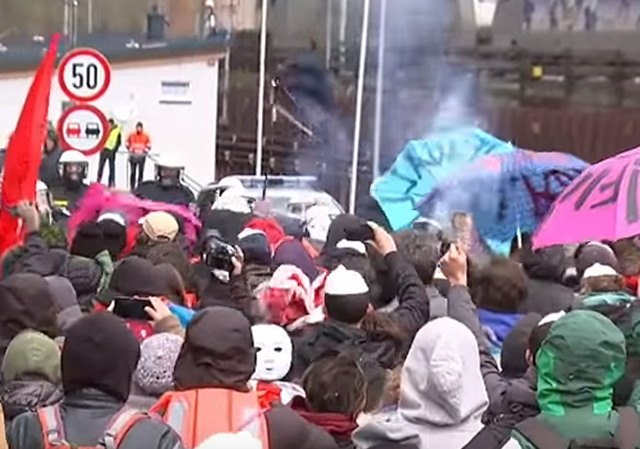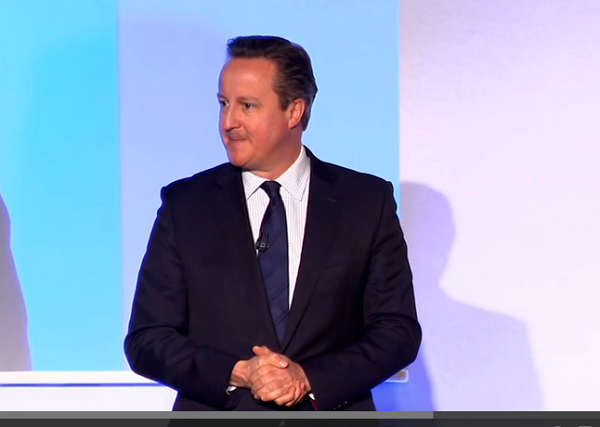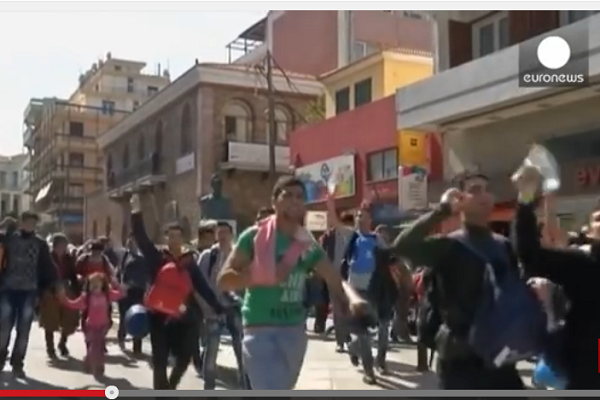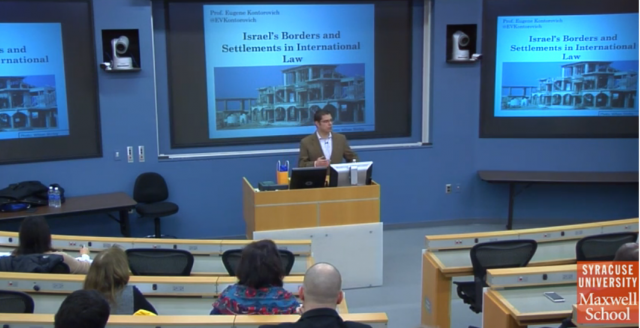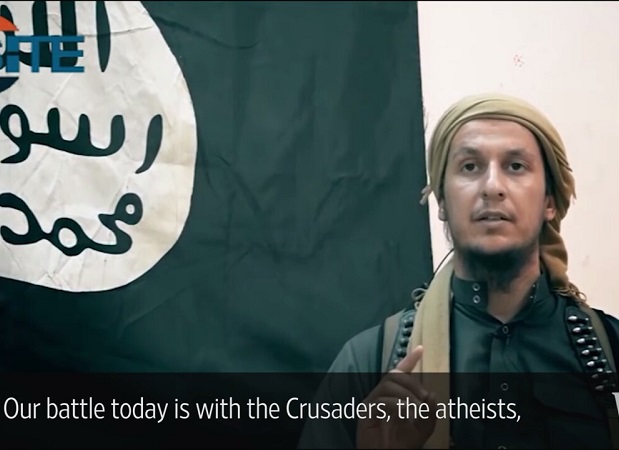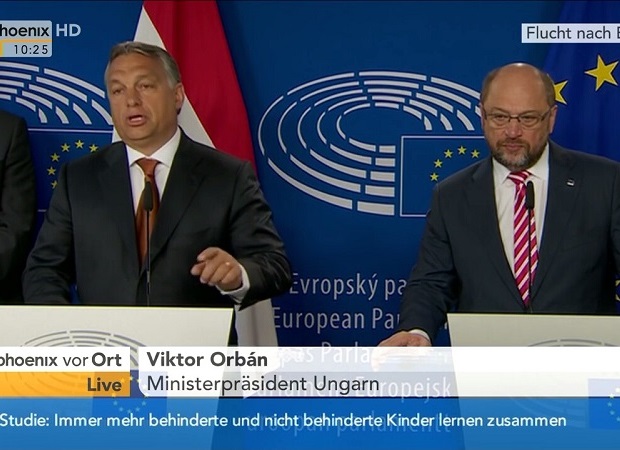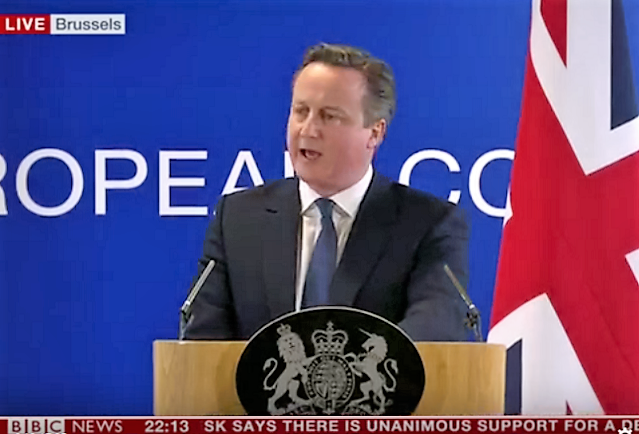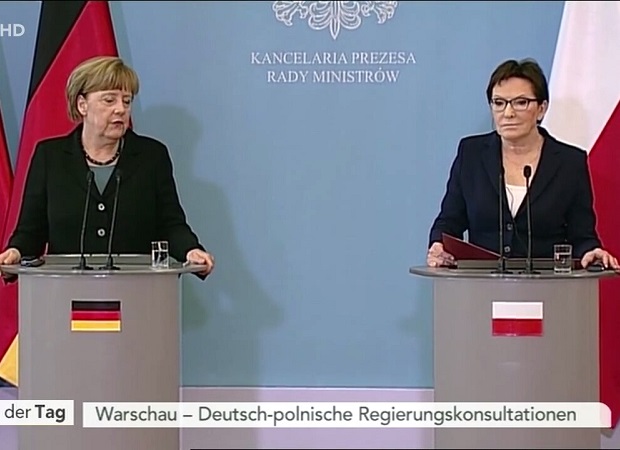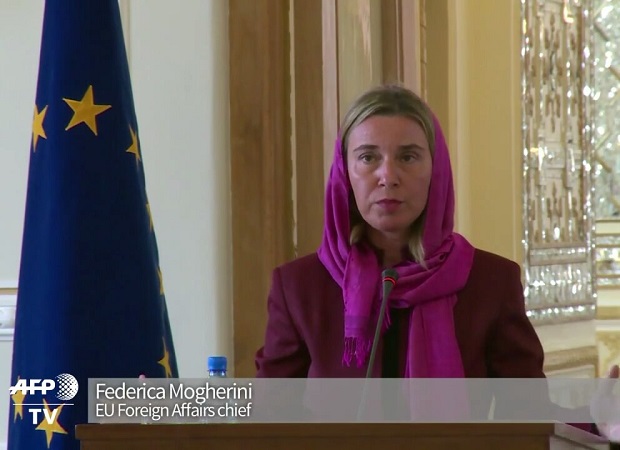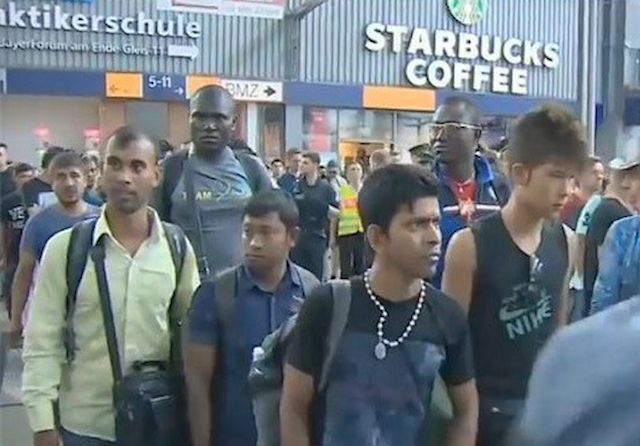Austrian Mail-In Ballots Choose Independent Candidate For President
on May 23, 2016
5 Comments
Independent candidate Alexander Van der Bellen, backed by the Green Party, has become Austria's new head of state. He barely beat Freedom Party candidate Norbert Hofer.
The Interior Ministry counted over 700,000 ballots, almost 12% of the country's registered voters, to determine the winner.
Interior Minister Wolfgang Sobotka announced the results:
Van der Bellen reached 50.3 percent, 49.7 Hofer . In absolute terms, the scarcity of the result is visible: 2,254.484 votes could gather Van der Bellen, Hofer 2,223.458. The difference amounts to just 31,026 votes. The turnout was 72.7 percent, significantly higher than the first ballot reached 68.5 percent.

